What if a glass of fresh juice could do more than just quench your thirst? Around the world, millions of people struggle with health issues like anemia, inflammation, fatigue, weak immunity, high cholesterol, and even insomnia. According to the CDC, nearly 6 million Americans are affected by anemia, while chronic inflammation is linked to heart disease and diabetes. Fatigue and poor sleep impact productivity and mental health, costing billions in lost workdays every year.
While medications are vital in many cases, nature offers powerful foods that can complement treatment and promote better health. Fruits and vegetables are packed with vitamins, minerals, antioxidants, and plant compounds that may help the body fight stress, restore energy, and support balance. Turning them into fresh juices makes it easy to consume concentrated nutrition in one delicious glass.
This article explores targeted juice recipes that may support common health concerns. You’ll discover how specific combinations of ingredients can help restore vitality, reduce risks, and create daily rituals that nurture your well-being. By the end, you’ll have a practical guide to making functional juices at home that taste amazing while also providing natural health support.
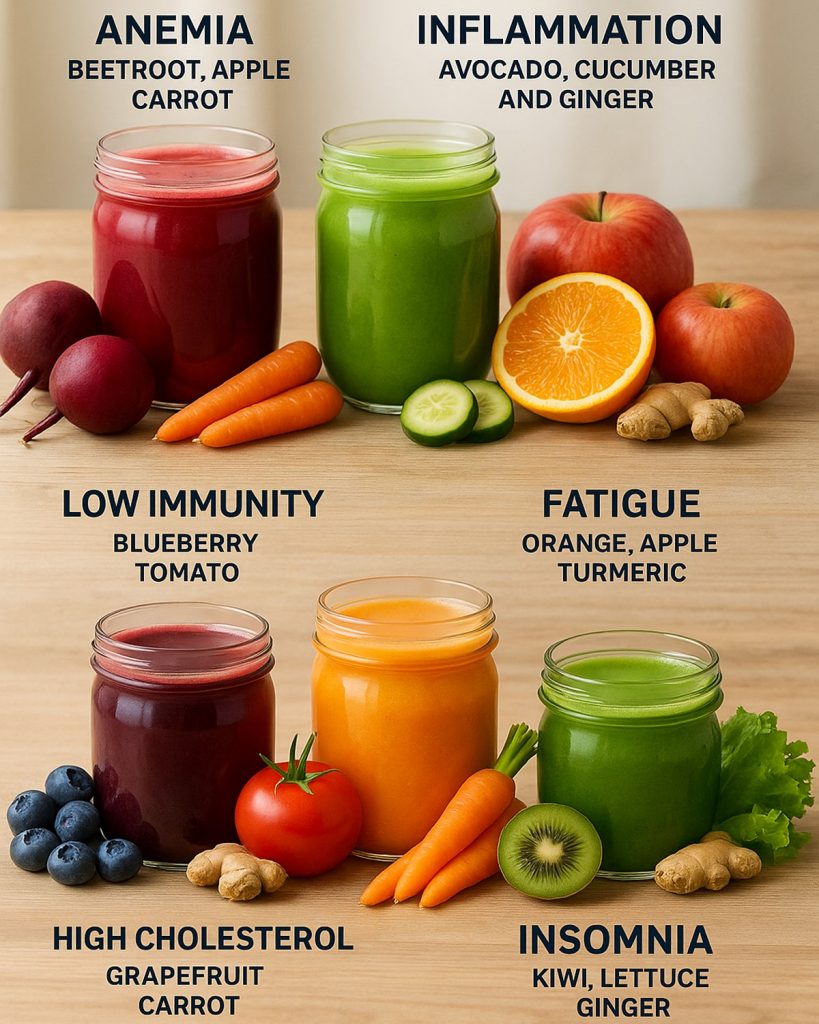
Why Juices Are a Natural Solution
Juicing allows the body to quickly absorb nutrients because fiber is partially broken down, making vitamins and minerals more accessible. Fresh juices provide hydration, antioxidants, and phytochemicals that are often missing from processed diets.
Benefits of juicing include:
- Concentrated nutrient delivery in one serving
- Easy digestion for those with low appetite or gut sensitivity
- Variety of fruits and vegetables in a single recipe
- Flexibility to target specific health goals
Juices are not a cure-all, but when added to a balanced lifestyle, they can be powerful allies for preventive health.
Juice for Anemia: Beetroot, Carrot, and Orange Blend
Anemia often results from low iron and vitamin C intake. Beets are rich in iron and folate, while carrots add beta-carotene, and oranges provide vitamin C, which enhances iron absorption.

Recipe:
- 1 medium beetroot
- 2 carrots
- 1 orange
- ½ lemon
Blend until smooth or use a juicer. Drink once daily.
Why it works:
Beets help stimulate red blood cell production. The vitamin C in citrus helps the body absorb plant-based iron more effectively. This juice not only supports blood health but also delivers an energy boost.
Juice for Inflammation: Pineapple, Turmeric, and Ginger Shot
Chronic inflammation is linked with joint pain, arthritis, and cardiovascular risks. Pineapple contains bromelain, an enzyme with anti-inflammatory potential. Ginger and turmeric add powerful antioxidants.
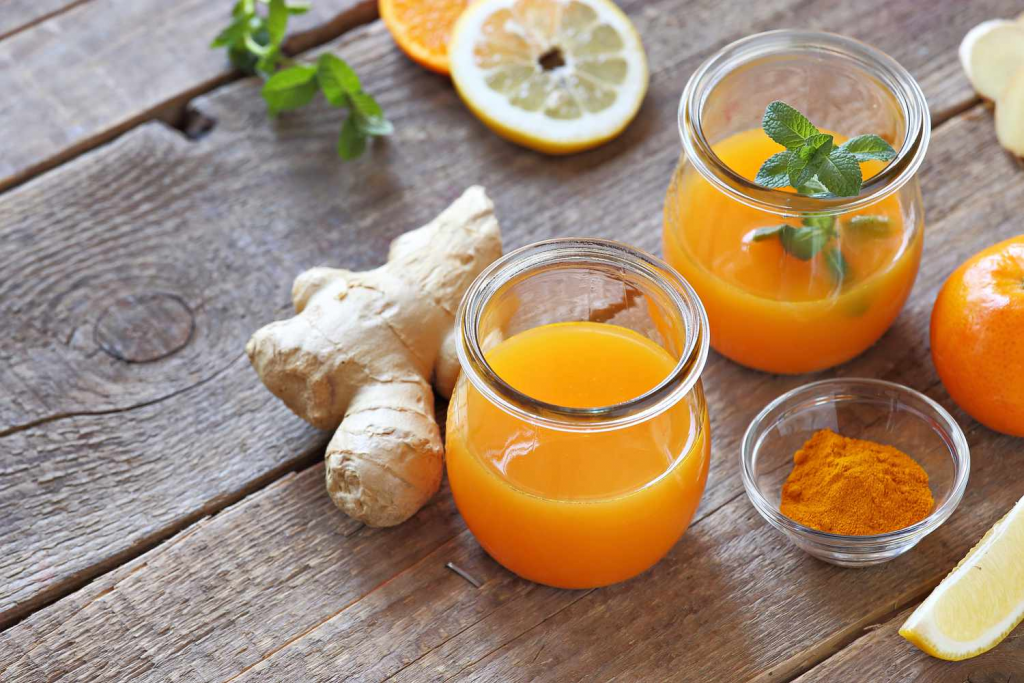
Recipe:
- 1 cup pineapple chunks
- 1-inch fresh turmeric root (or ½ tsp turmeric powder)
- 1-inch ginger root
- ½ cup water
Blend and strain if preferred. Drink in the morning.
Why it works:
This juice combines tropical sweetness with a spicy kick, delivering natural compounds that help the body manage inflammatory processes.
Juice for Fatigue: Spinach, Apple, and Lemon Energizer
Fatigue can stem from nutrient deficiencies, poor sleep, or stress. Leafy greens like spinach are rich in magnesium and iron, while apples provide natural sugars and polyphenols for steady energy. Lemon brightens the flavor and boosts vitamin C intake.
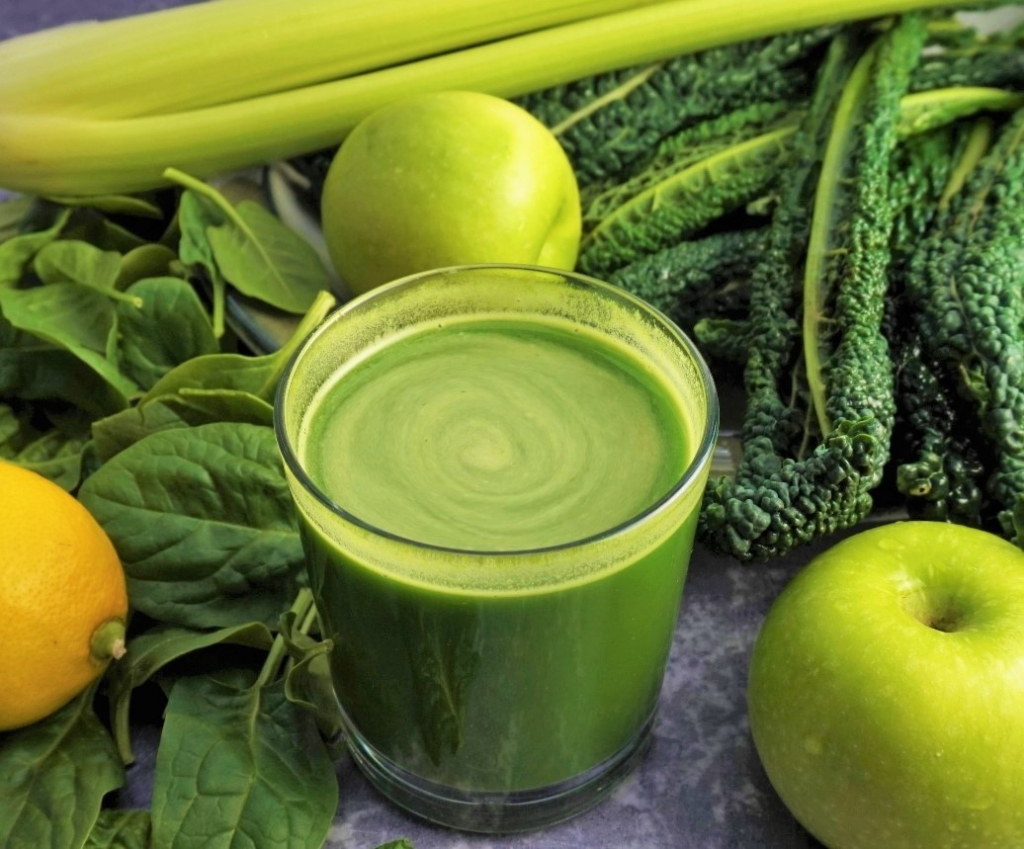
Recipe:
- 2 cups fresh spinach
- 1 green apple
- ½ lemon
- 1 small cucumber
Juice or blend with water.
Why it works:
Magnesium supports muscle relaxation and energy production, while iron helps oxygenate the blood. The apple provides a refreshing sweetness without causing sugar crashes.
Juice for Low Immunity: Papaya, Kiwi, and Ginger Mix
When immunity is low, colds and infections strike more often. Papaya is rich in vitamin A and C, kiwi is packed with vitamin C, and ginger adds antimicrobial compounds.
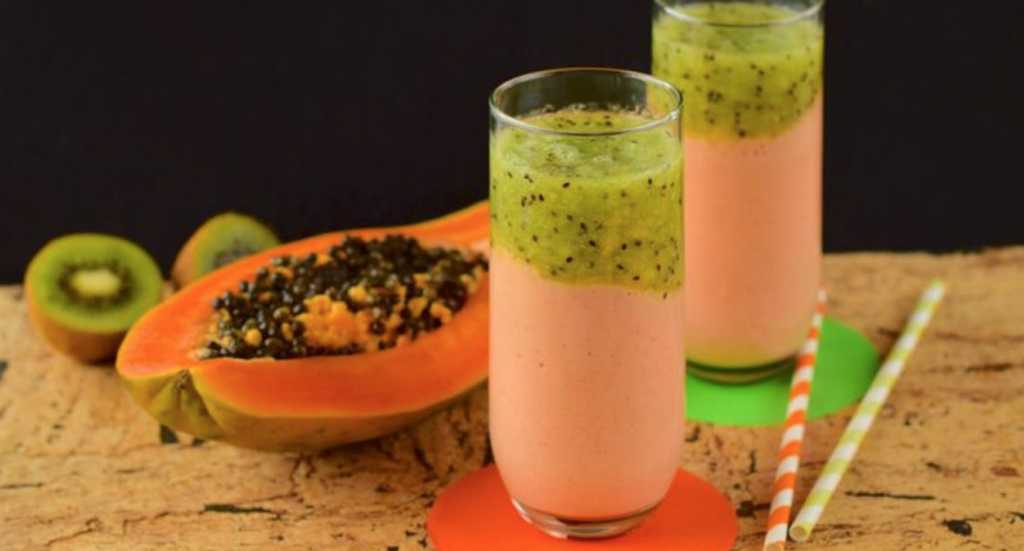
Recipe:
- 1 cup papaya chunks
- 2 kiwis
- 1-inch ginger root
- ½ cup water
Juice and serve chilled.
Why it works:
This blend offers a vitamin C powerhouse that fuels white blood cells, the body’s defense soldiers. Papaya also contains papain, a digestive enzyme that supports gut health—where much of the immune system resides.
Juice for High Cholesterol: Pomegranate, Carrot, and Lemon Fusion
High cholesterol can increase heart disease risk. Pomegranate has been studied for its ability to support arterial health. Carrots contain soluble fiber and antioxidants, while lemon contributes cleansing properties.
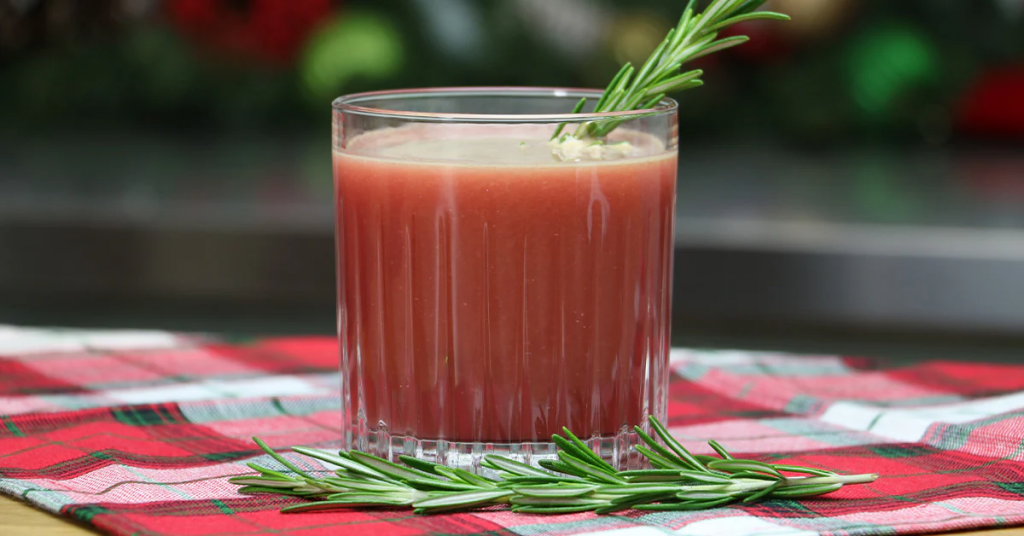
Recipe:
- 1 cup pomegranate seeds
- 2 carrots
- ½ lemon
Juice and drink daily.
Why it works:
The antioxidants in pomegranate reduce oxidative stress, while carrot fiber may help reduce LDL cholesterol. Regular consumption supports heart and vascular wellness.
Juice for Insomnia: Banana, Almond, and Chamomile Smoothie
Insomnia often comes from stress, hormone imbalance, or nutrient deficiencies. Bananas are rich in magnesium and tryptophan, almonds add healthy fats and melatonin, while chamomile tea has calming effects.

Recipe:
- 1 ripe banana
- 1 tbsp soaked almonds
- ½ cup cooled chamomile tea
- ½ cup warm oat milk
Blend into a creamy nighttime drink.
Why it works:
This soothing blend promotes relaxation, balances blood sugar, and prepares the body for restful sleep.
Quick Reference Table
| Health Issue | Key Ingredients | Frequency |
|---|---|---|
| Anemia | Beetroot, carrot, orange, lemon | 1 glass daily |
| Inflammation | Pineapple, turmeric, ginger | Morning shot |
| Fatigue | Spinach, apple, lemon, cucumber | Midday boost |
| Low Immunity | Papaya, kiwi, ginger | 3–4x per week |
| High Cholesterol | Pomegranate, carrot, lemon | Daily support |
| Insomnia | Banana, almonds, chamomile, oat milk | Before bedtime |
Conclusion
Frequently Asked Questions
Can these juices replace medication?
No. They are supportive foods, not cures. Continue following your doctor’s advice.
How soon will I notice benefits?
Some people feel more energy in a week, while others may notice improvements after consistent use for a month.
Can I store these juices?
It’s best to drink them fresh, but they can be refrigerated in sealed glass jars for up to 24 hours.
Which juice should I start with?
Pick one that matches your current health need or simply rotate them throughout the week.
The takeaway: Fresh juices made from fruits, vegetables, and herbs offer a natural way to support blood, heart, immune, and nervous system health. They can’t replace professional care, but they can make your daily diet more vibrant and functional.
Disclaimer: This article is for informational purposes only and does not replace professional medical advice, diagnosis, or treatment. Always consult your healthcare provider before making significant changes to your diet or health routine.




